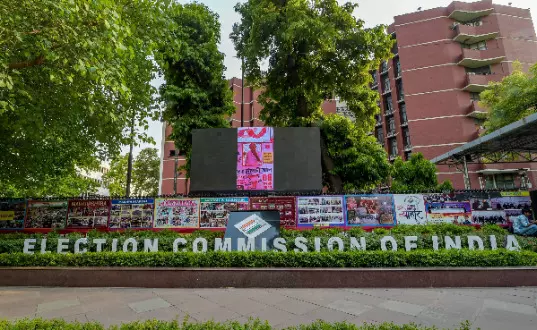SIR akin to Bihar across states to witness removal of dead voters

New Delhi: The Election Commission of India (ECI) is set to expand its Special Intensive Revision (SIR) of electoral rolls across states, a move expected to replicate the large-scale deletions of deceased voters witnessed recently in Bihar. Officials say the integration of birth and death registration data with the poll machinery will help address the longstanding issue of inflated voter lists.
Before Bihar began its SIR exercise, the state’s electoral roll carried 7.89 crore names. By August 1, after the draft rolls were published, the figure had dropped to 7.24 crore, following the deletion of nearly 65 lakh entries. Among these, around 22 lakh belonged to individuals who had been identified as deceased.
Chief Election Commissioner Gyanesh Kumar, addressing the media in August, clarified that most of these deaths had not occurred recently but had simply gone unrecorded for years. “During the previous normal revision of electoral rolls, enumeration forms were not distributed to every household. Unless families themselves inform us about deaths, booth-level officers have no way of knowing,” he said.
He noted that the more rigorous approach of intensive revisions enables poll officials to better track voters who have died or shifted residence. In Bihar’s case, this vigilance resulted in the large-scale clean-up of rolls.
To ensure greater accuracy nationwide, the Commission will now obtain death registration data electronically from the Registrar General of India (RGI). This, officials said, will allow electoral registration officers to receive timely updates, while booth-level officers will reverify details through field checks without waiting for families to submit formal requests.
A senior functionary explained, “People have no incentive to inform poll authorities of deaths in their families. But once the data linkage takes root, the presence of deceased persons in the voter list will eventually end.” He added that establishing seamless data sharing between the RGI, as well as municipal and rural bodies, will help make electoral rolls significantly more reliable.
The ECI believes that the upcoming intensive revisions, combined with systematic data integration, will pave the way for error-free voter lists across the country.



